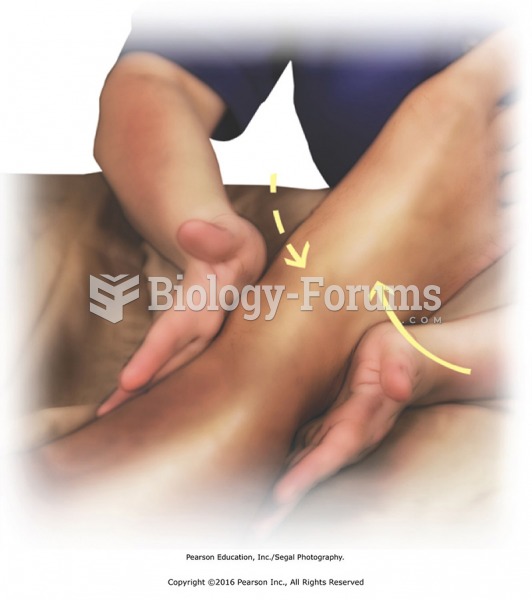This topic contains a solution. Click here to go to the answer
|
|
|
Did you know?
Certain rare plants containing cyanide include apricot pits and a type of potato called cassava. Fortunately, only chronic or massive ingestion of any of these plants can lead to serious poisoning.
Did you know?
Illicit drug use costs the United States approximately $181 billion every year.
Did you know?
Thyroid conditions may make getting pregnant impossible.
Did you know?
Malaria was not eliminated in the United States until 1951. The term eliminated means that no new cases arise in a country for 3 years.
Did you know?
More than 4.4billion prescriptions were dispensed within the United States in 2016.







